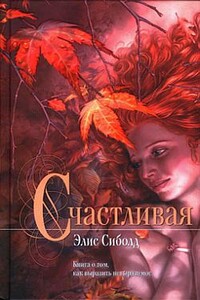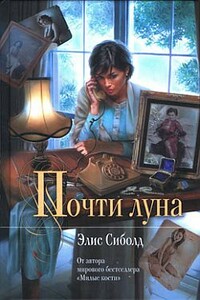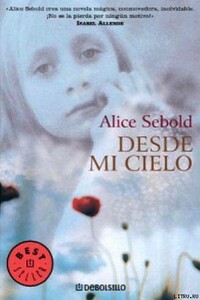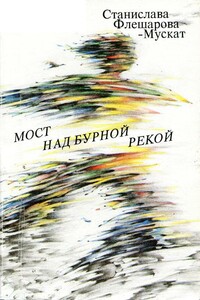He had heard the offhand comments the police made about her. To their mind she was cold and snobbish, condescending, odd. And so that was what he imagined he would find.
“Come in and sit,” she’d said to him when he pronounced his name. Her eyes, on the word Salmon, had gone from closed to open doorways – dark rooms where he wanted to travel firsthand.
He almost lost his balance as she led him into the small cramped front room of their house. There were books on the floor with their spines facing up. They came out three rows deep from the wall. She was wearing a yellow sari and what looked like gold lamé capri pants underneath. Her feet were bare. She padded across the wall-to-wall and stopped at the couch. “Something to drink?” she asked, and he nodded his head.
“Hot or cold?”
“Hot.”
As she turned the corner into a room he couldn’t see, he sat down on the brown plaid couch. The windows across from him under which the books were lined were draped with long muslin curtains, which the harsh daylight outside had to fight to filter through. He felt suddenly very warm, almost close to forgetting why that morning he had double-checked the Singhs’ address.
A little while later, as my father was thinking of how tired he was and how he had promised my mother to pick up some long-held dry cleaning, Mrs. Singh returned with tea on a tray and put it down on the carpet in front of him.
“We don’t have much furniture, I’m afraid. Dr. Singh is still looking for tenure.”
She went into an adjoining room and brought back a purple floor pillow for herself, which she placed on the floor to face him.
“Dr. Singh is a professor?” my father asked, though he knew this already, knew more than he was comfortable with about this beautiful woman and her sparsely furnished home.
“Yes,” she said, and poured the tea. It was quiet. She held out a cup to him, and as he took it she said, “Ray was with him the day your daughter was killed.”
He wanted to fall over into her.
“That must be why you’ve come,” she continued.
“Yes,” he said, “I want to talk to him.”
“He’s at school right now,” she said. “You know that.” Her legs in the gold pants were tucked to her side. The nails on her toes were long and unpolished, their surface gnarled from years of dancing.
“I wanted to come by and assure you I mean him no harm,” my father said. I watched him. I had never seen him like this before. The words fell out of him like burdens he was delivering, backlogged verbs and nouns, but he was watching her feet curl against the dun-colored rug and the way the small pool of numbed light from the curtains touched her right cheek.
“He did nothing wrong and loved your little girl. A schoolboy crush, but still.”
Schoolboy crushes happened all the time to Ray’s mother. The teenager who delivered the paper would pause on his bike, hoping that she would be near the door when she heard the thump of the Philadelphia Inquirer hit the porch. That she would come out and, if she did, that she would wave. She didn’t even have to smile, and she rarely did outside her house – it was the eyes, her dancer’s carriage, the way she seemed to deliberate over the smallest movement of her body.
When the police had come they had stumbled into the dark front hall in search of a killer, but before Ray even reached the top of the stairs, Ruana had so confused them that they were agreeing to tea and sitting on silk pillows. They had expected her to fall into the grooves of the patter they relied on with all attractive women, but she only grew more erect in posture as they tried harder and harder to ingratiate themselves, and she stood upright by the windows while they questioned her son.
“I’m glad Susie had a nice boy like her,” my father said. “I’ll thank your son for that.”
She smiled, not showing teeth.
“He wrote her a love note,” he said.
“Yes.”
“I wish I had known enough to do the same,” he said. “Tell her I loved her on that last day.”
“Yes.”
“But your son did.”
“Yes.”
They stared at each other for a moment.
“You must have driven the policemen nuts,” he said and smiled more to himself than to her.







